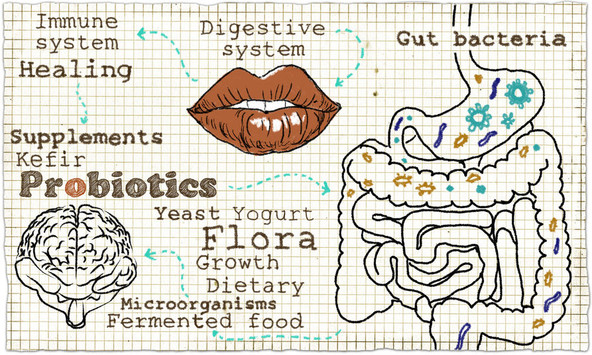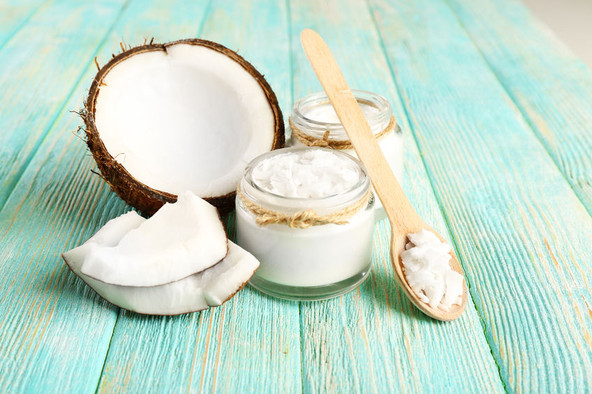Posted by Beyond Health on Nov 3rd 2025
I have acne and my doctor has me on antibiotics. Is there a better option?
First of all, antibiotics are extremely dangerous drugs and they are doing you harm. It would do you no harm and lots of good to get off of them immediately. You are obviously eating a bad diet. Acne is the result of eating a high-glycemic diet with too much sugar and other high-glycemic foods such as bread, pasta, rice, and potatoes. Eating such foods increases blood insulin which increases IGF-1 (Insulin-like growth factor 1). IGF-1 then causes overproduction of skin cells, which can obstruct pores. In addition, IGF-1 and insulin also increase testosterone production, which causes skin to produce more oil. These acting together cause acne. Get these inappropriate foods out of your life, get on Beyond Health’s Ultimate Wellness Kit, and your acne should go away. However, since you have been taking antibiotics, you have created a host of new health problems, far more serious than acne, that you now have to deal with. I suggest you get on both pro- and pre-biotics to help rebalanc…
read more Fuel your life with the purest vitamins
Fuel your life with the purest vitamins





